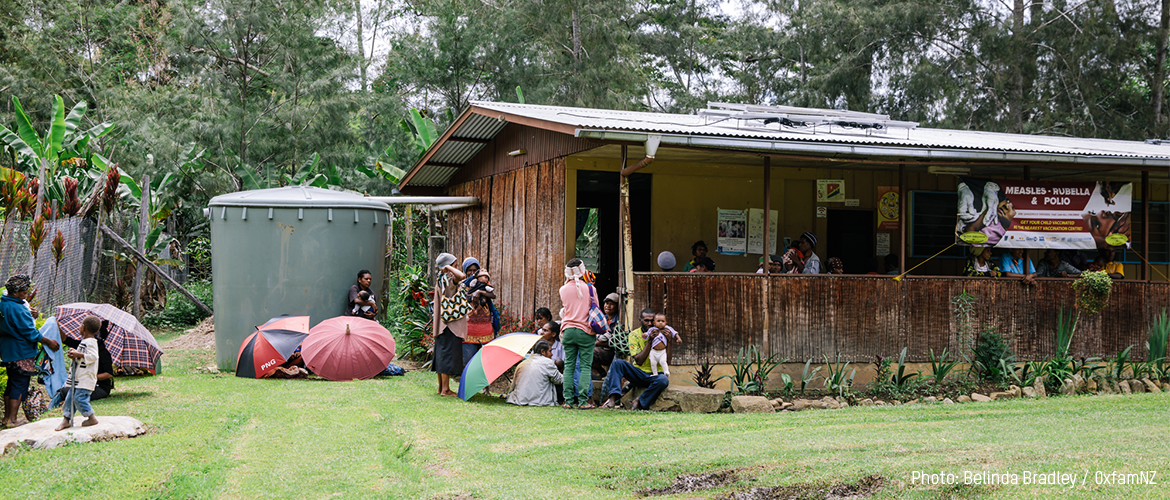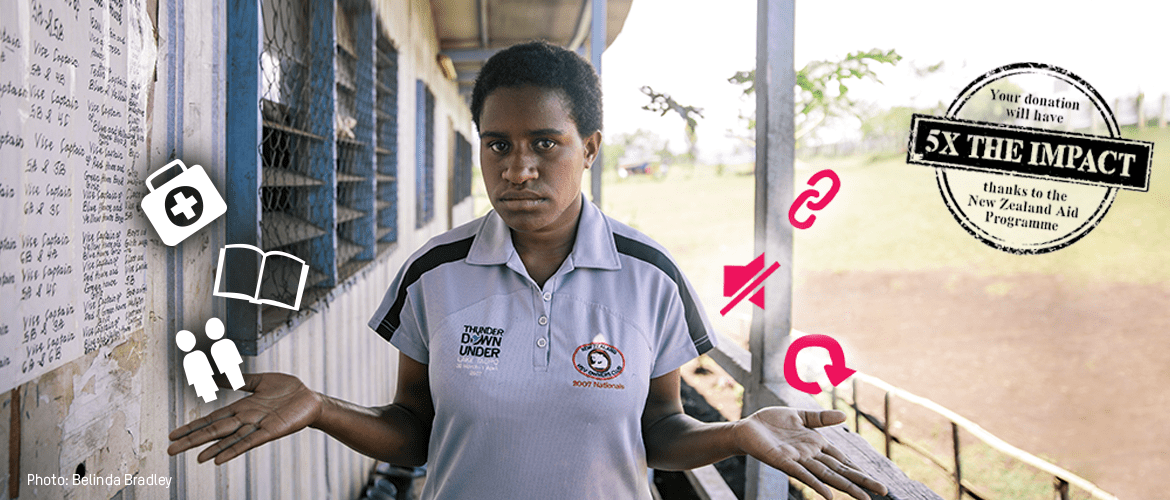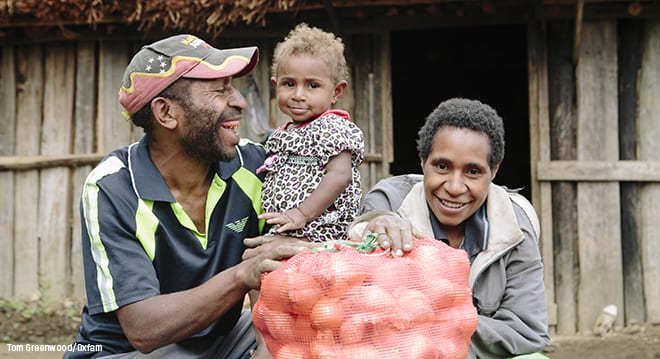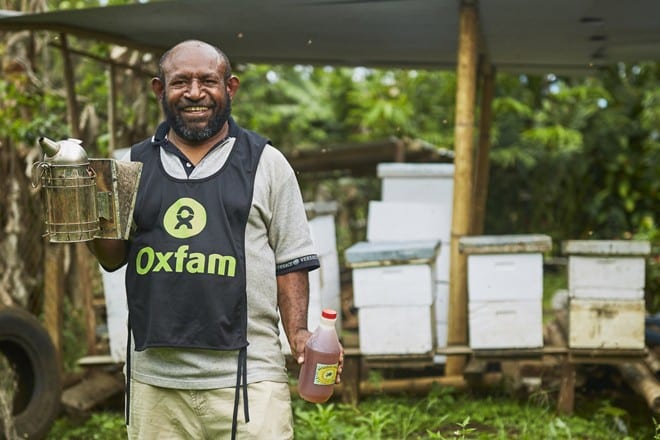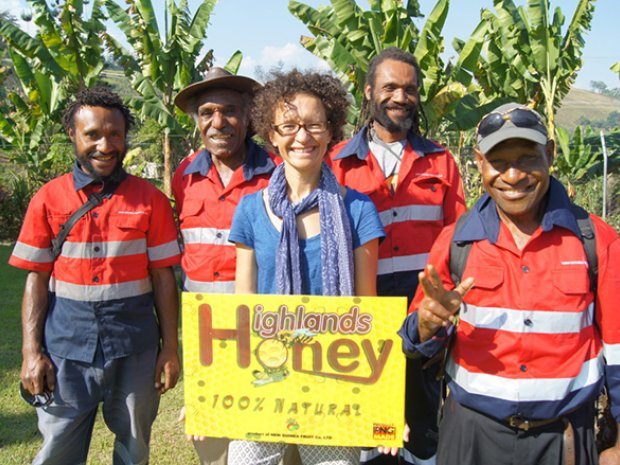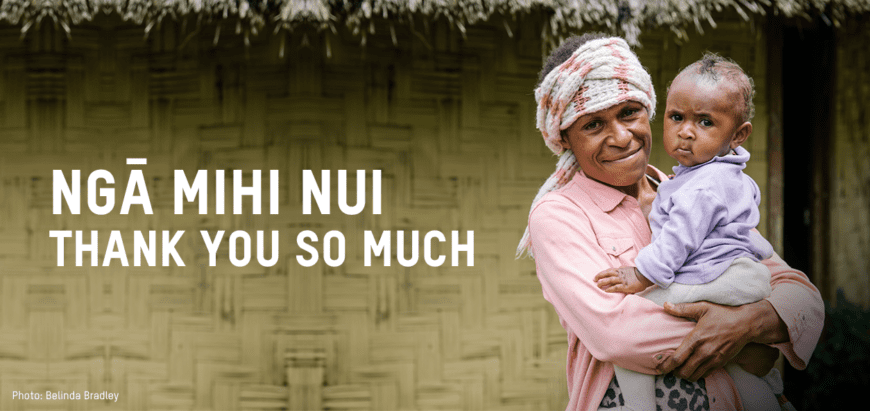
Thank you for your generous gift!
You will receive your donation receipt via email.
On behalf of mothers and babies in Papua New Guinea, our local partners, and the team at Oxfam Aotearoa, I wanted to say thank you so much for your donation.
You are supporting systemic change which means your donation will have maximum impact. Your generosity is helping to create sustained, transformative change across families, communities, and generations.
We can’t thank you enough for your generous support and display of kaha (courage), tika (justice) and mannakitanga (connectedness). Together we are working to build a better world now and for future generations






